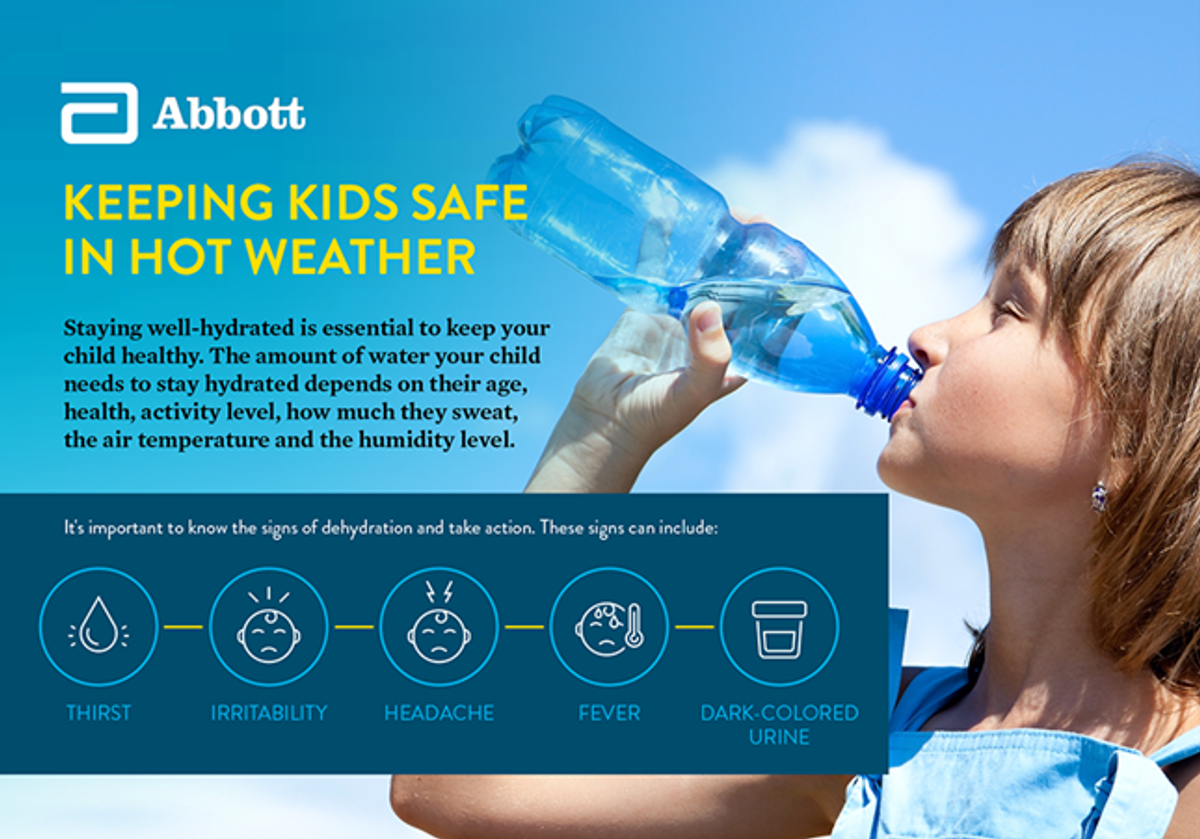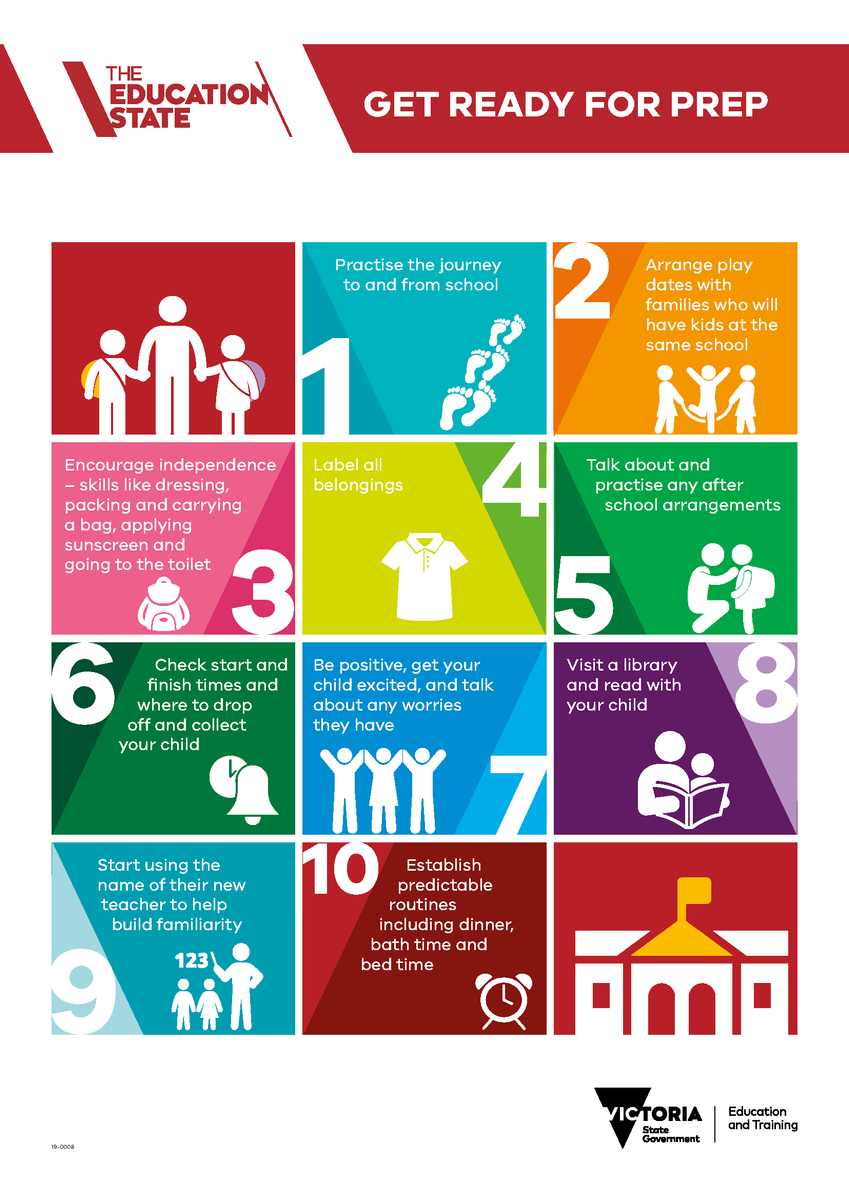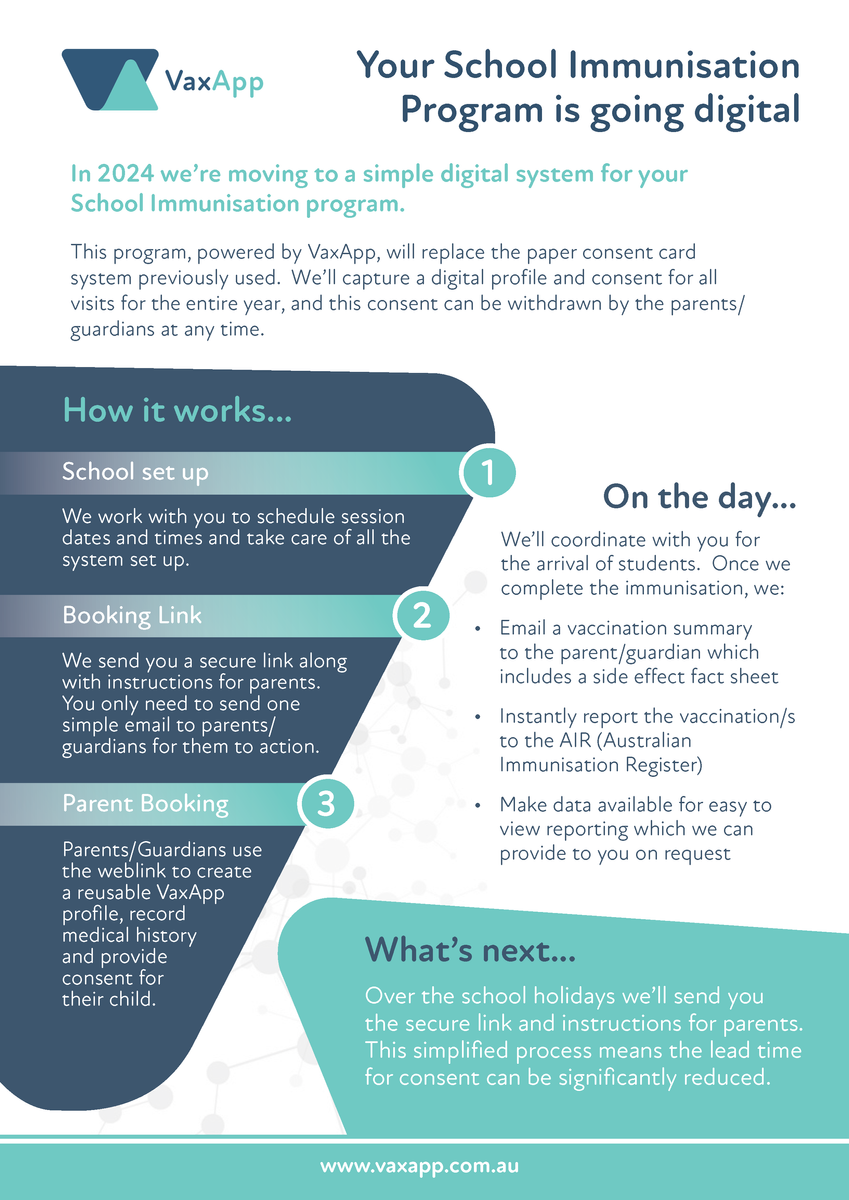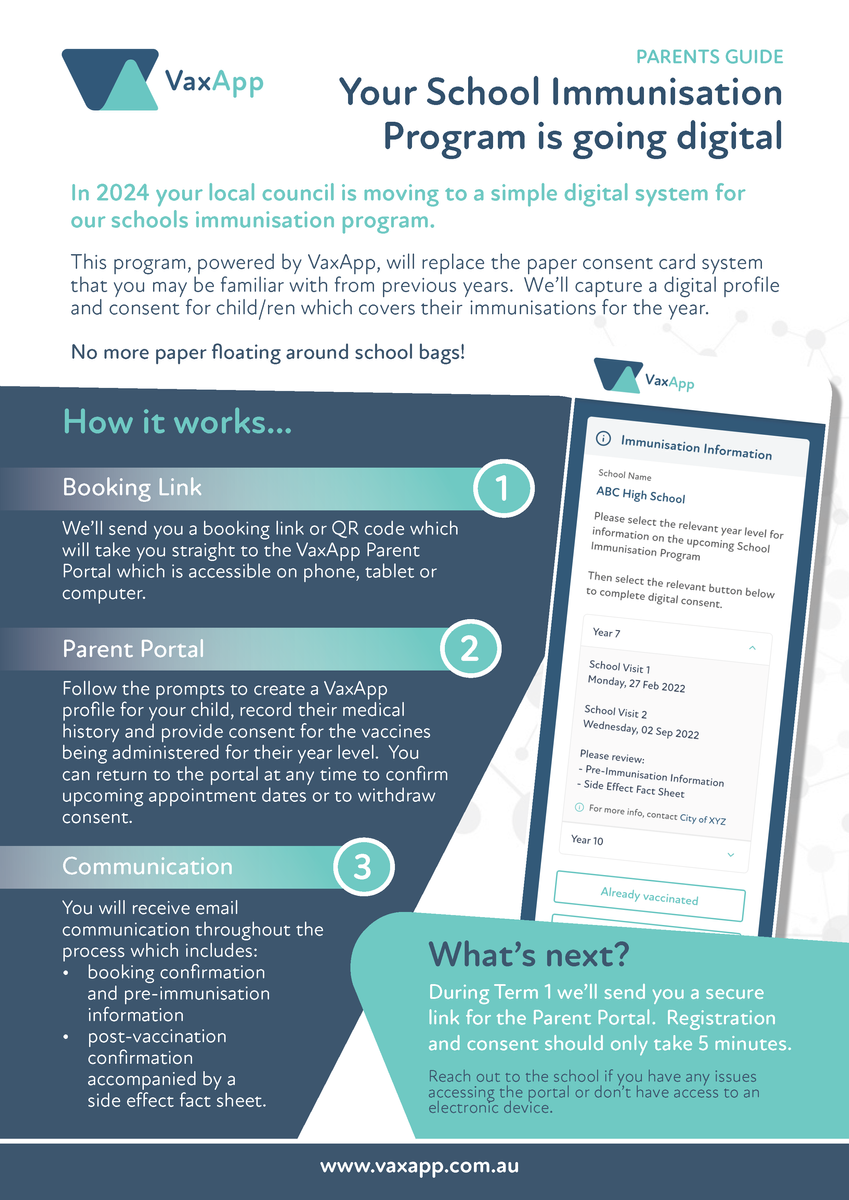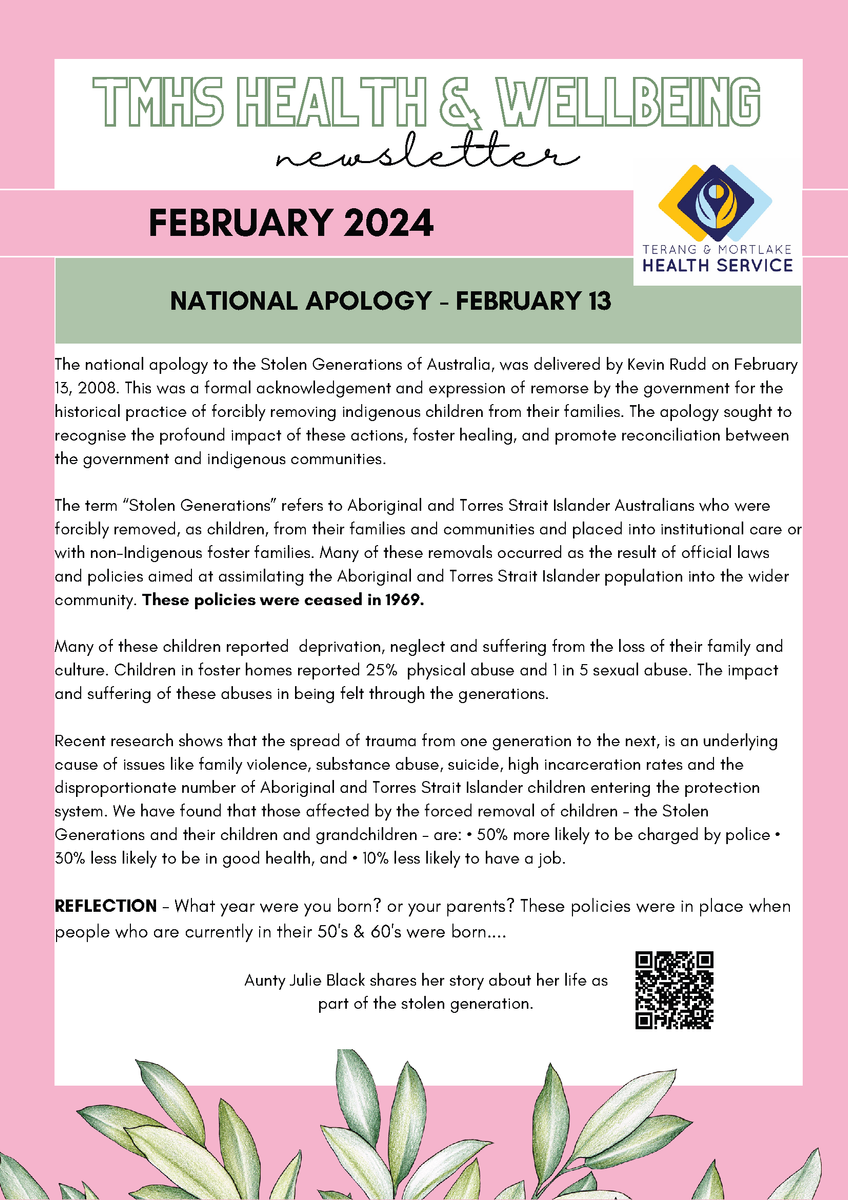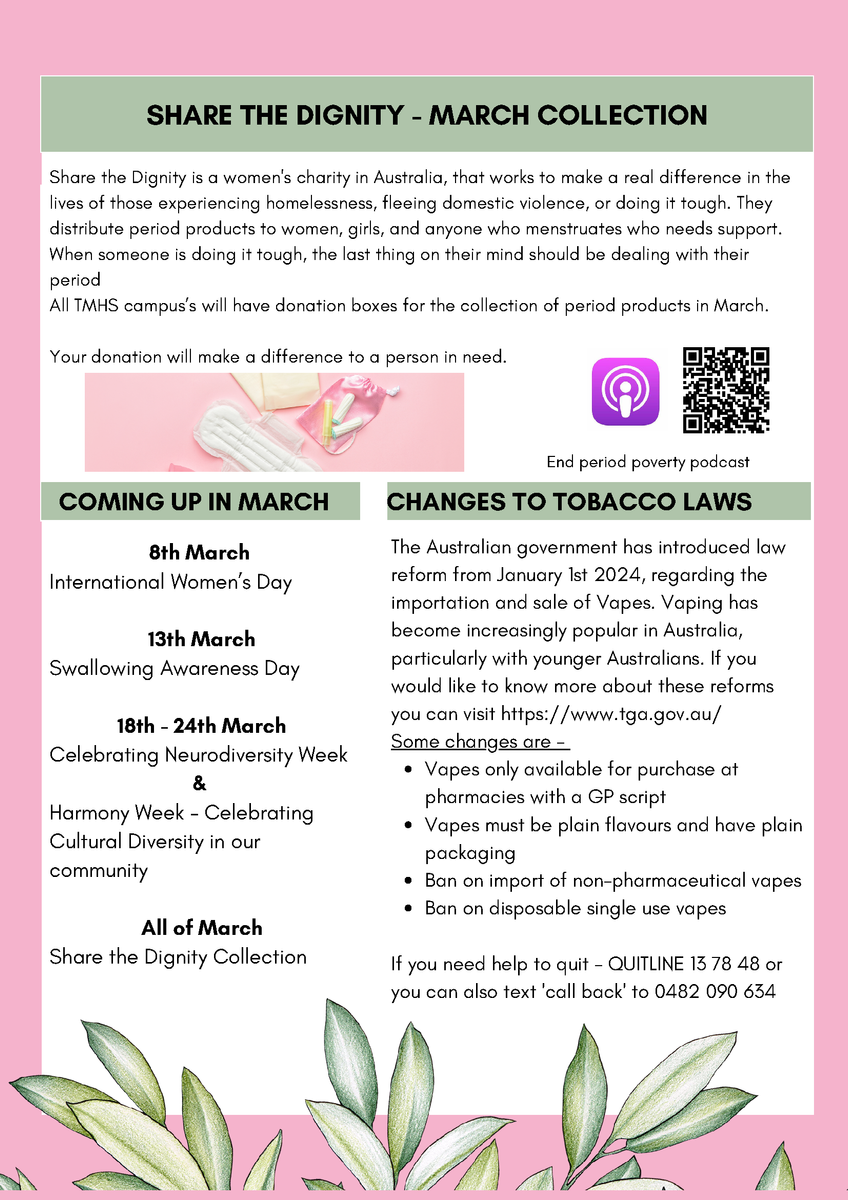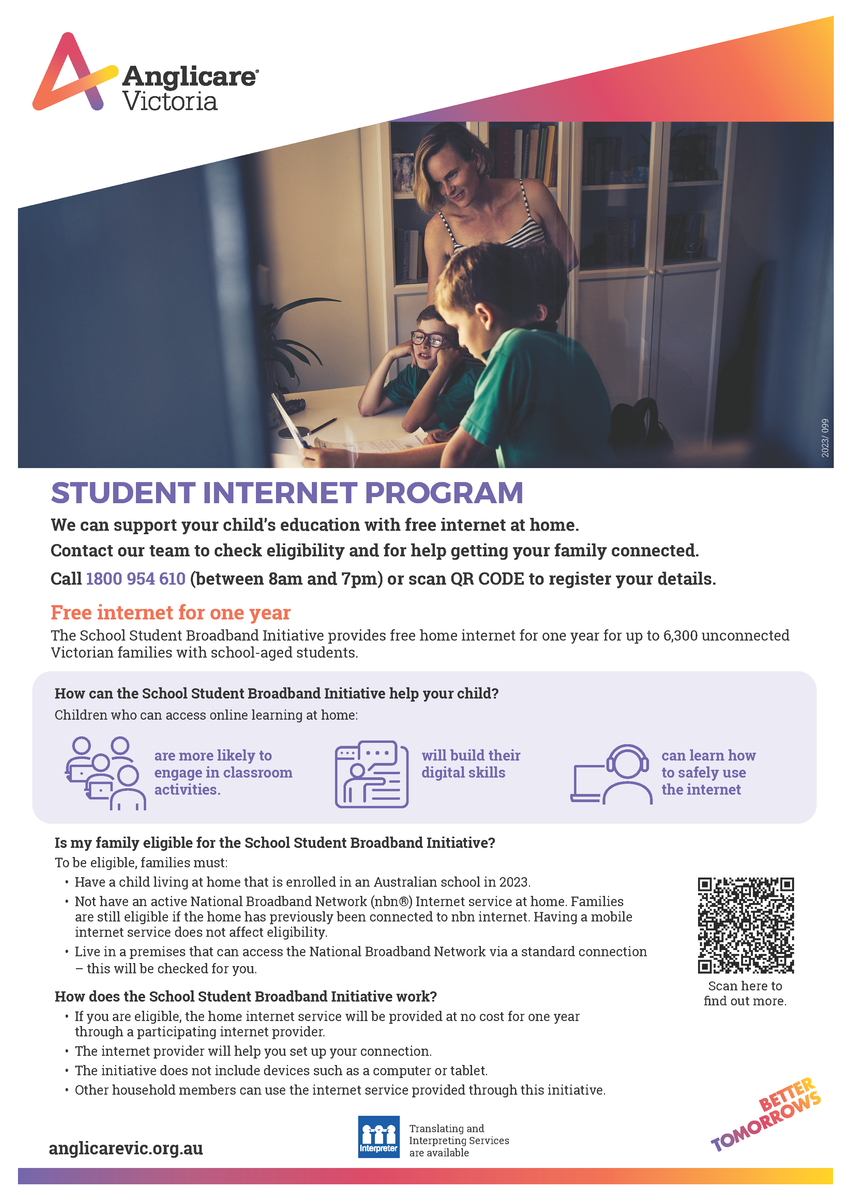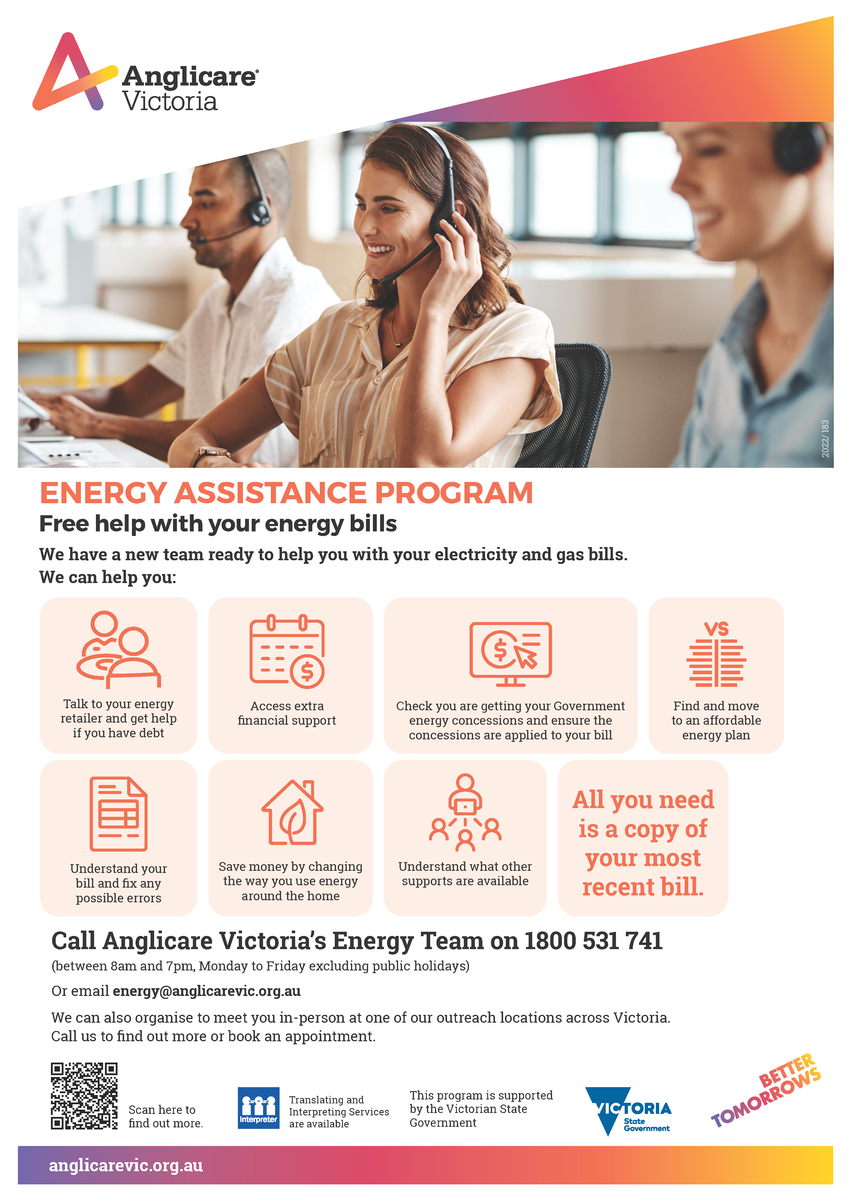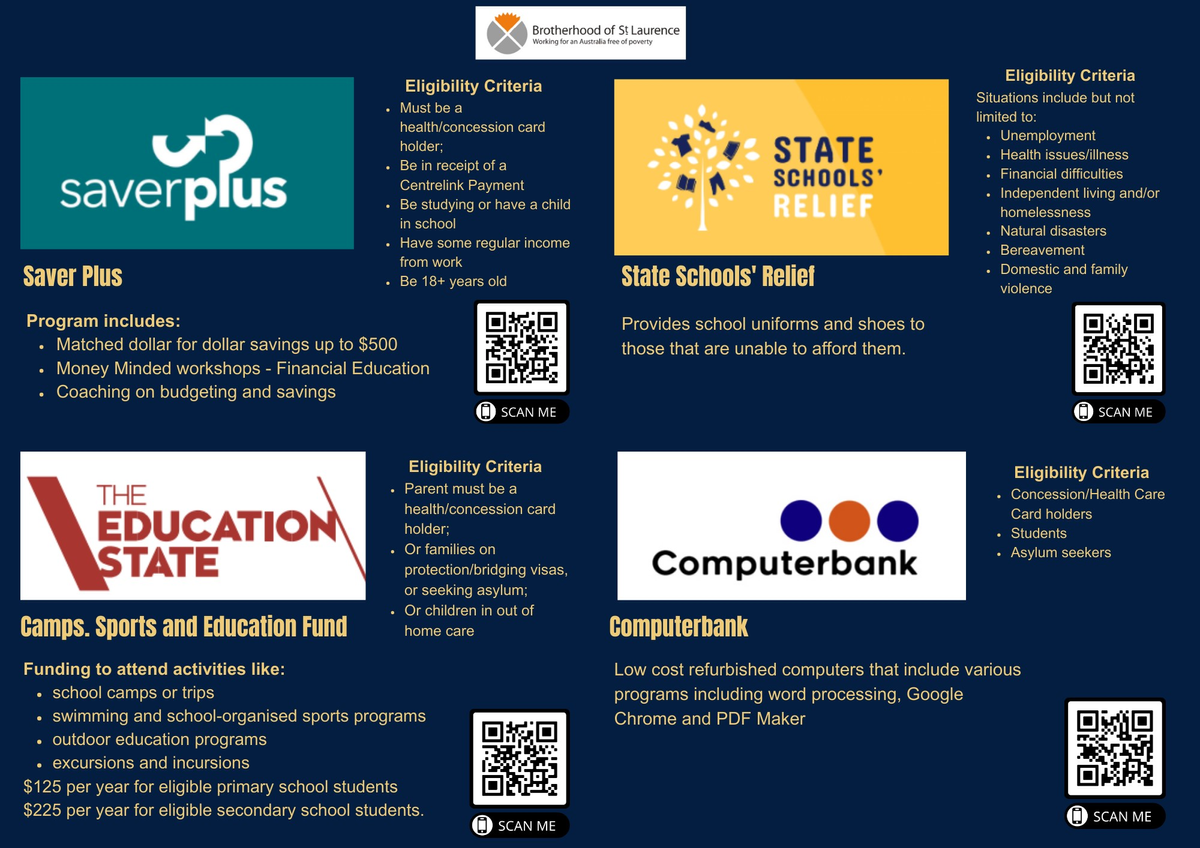Welfare
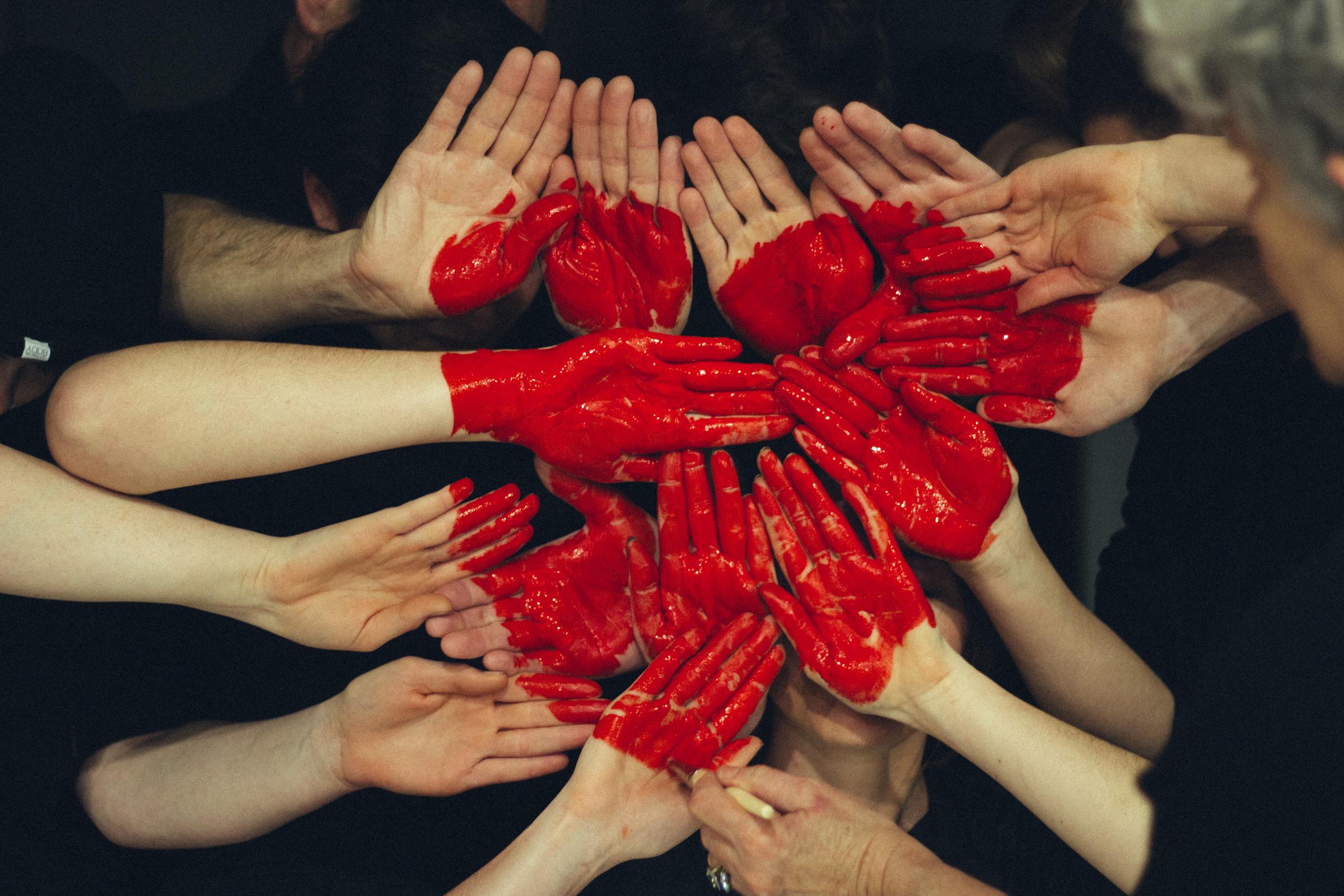
STAYING HYDRATED
With the temperature being higher today and over the next couple of days, it is a timely reminder about the importance of students drinking water during the school day.
There are water dispensers and bubble taps located in a number of spots around the school.
Please remind your child to have their drink bottle at school every day.
Children starting primary school
The year before school
- Ask your child what they think about starting school.
- Encourage your child to ask questions about going to school.
- Help your child stay healthy. Make sure they have regular health and dental checks and keep immunisations up to date.
- Encourage your child to do things on their own. This could be dressing, going to the toilet, washing their hands, unwrapping their food and opening and closing their drink bottle and lunchbox.
- Talk to friends and other families about what school is like.
- Talk to your child’s early childhood educator about things you can do at home to help your child.
- Talk to the school about how you can engage in your child’s learning and development at school.
- Ask the school what time your child starts on the first day and where to take them.
During the summer holidays
- Show your child where the school is and talk about how you will get there.
- Arrange play times with other families whose children will be going to the same school. It helps if your child knows another child at their school at the start of prep.
- Practise the things your child will need to do to get ready for school (e.g. putting things in their bag, remembering to take a hat).
- Confirm your before or after school care arrangements and explain these to your child.
- Be positive about starting school and enjoy your child’s excitement.
- Visit your local library and read books with your child about starting school.
The first day of school
- Make sure your child knows who will take them to school and pick them up on the first day.
- Help your child to organise their clothes, hat, shoes and socks the night before.
- Help your child to pack their school bag with a snack, drink, lunch and a hat.
- Place a spare pair of underpants and a change of clothes in a plastic bag. Let your child know these clothes are in their bag in case of any accidents at school.
- Put sunscreen on your child in the morning if it's needed.
- Show your child where you will meet them at the end of the school day.
- At the end of the day talk to your child about what happened at school.
The first year of school
- Find out about what your child is learning at school. By doing this, you can support your child’s learning and find out how your child is adjusting to school.
- If your child is having difficulty at school, talk to their teacher. Your child can also say what they think might help them.
- Keep talking to your child about school. Ask them about their new experiences, what they like and what they find hard.
- If your child goes to care before or after school, find a way of sharing your child’s school progress with the staff.
- Share feedback about your child’s experience of starting school with the school and early childhood service.
- Organise time for your child and their new friends to play together outside of school.
Early childhood services and schools will organise programs to help your child settle into school. Talk to your child’s early childhood educator or the school.
Buddy system
Many primary schools have a buddy system for Prep children. They will partner your child with older students. This is to help your child have a welcoming experience from the very beginning.
The buddy system helps older children learn to take on responsibility. The younger children know that they have a fellow student they can go to for help.
Buddy systems help your child make friends and create a sense of belonging with the school community.
10 tips to get ready for prep
- Practise the journey to and from school
- Arrange play dates with families who will have kids at the same school
- Encourage independence – skills like dressing, packing and carrying a bag, applying sunscreen and going to the toilet
- Label all belongings
- Talk about and practise any after school arrangements
- Check start and finish times and where to drop off and collect your child
- Be positive, get your child excited, and talk about any worries they have
- Visit a library and read with your child
- Start using the name of their new teacher to help build familiarity
- Establish predictable routines including dinner, bath time and bed time
Secondary immunisation
Secondary school immunisations are provided to students to reduce their risk of contracting preventable diseases and some cancers. Health advice regarding immunisations recommends students receive the following:
Year 7
- Diphtheria, tetanus and pertussis (whooping cough) vaccine (one dose)
- Human papillomavirus (HPV) vaccine (one dose).
Year 10
- Meningococcal A, C, W, Y vaccine (one dose).
There are a number of students in years 7 to 12 who may have missed these important vaccines. This puts students at an increased risk of illness.
If your child missed out on their school-based vaccinations, please speak to your GP or local council immunisation service about how they can catch up.
To check if your child is due for any vaccines, refer to their immunisation history statement on the Australian Immunisation Register, using your MyGov account.
If your child is aged over 14, they may need to access their immunisation history statement themselves, through their own MyGov account or the Medicare mobile app.
New HPV vaccination resources to assist young people with disability
Young people with disability should have the same access to preventive healthcare and immunisations as everyone else. Vaccinations can be stressful, and there are sometimes unique barriers for people with disability.
Cancer Council Victoria, in consultation with Murdoch Children’s Research Institute and Scope Australia, has developed the following resources for parents and carers to improve the vaccination experience for young people with disability:
- Help your child with disability get the HPV vaccine (fact sheet)
- Supporting your child with a disability with vaccination (videos)
- Preparing for school vaccinations (social story).
Managing Sickness & Covid:
You may be aware through conversations with members of the school community that COVID is lingering about.
The school takes the important steps of ensuring air purifiers are in use, external ventilation is maximised, good personal hygiene is encouraged and face masks continue to be made available for staff, students and visitors who wish to wear them.
Students who report a positive result are recommended to isolate for a minimum of 5 days and not attend school until their symptoms have resolved. Students who isolate as a result of a positive COVID-19 test should be supported in the same way as students with an extended absence due to illness or injury, with learning materials provided to support their continued learning. Please contact the school to make arrangements as required. If your child is unwell, families are encouraged to keep them at home.
Families Experiencing Financial Pressures
Take a look at the link below and find the resources you need to give you a helping hand.
Put your postcode in to see the organisations within your area.
Also a reminder that you can access the Power Saving Bonus Program - get $250 off your electrical bill.
https://compare.energy.vic.gov.au/psb-faq

